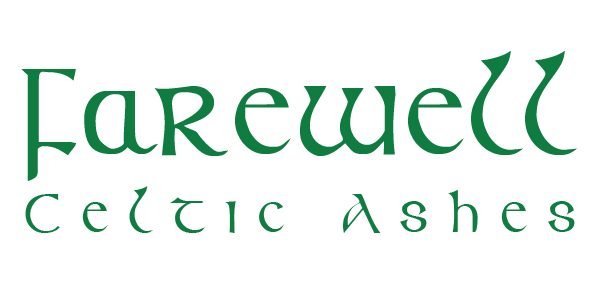12 key things you NEED to know according to the
Irish Hospice Foundation
- Advance Healthcare Directives are recognised in common law but until now there was no legislative framework
- Under the new provisions, a person aged 18 and over who has capacity can prepare an Advance Healthcare Directive
- They must put their decisions on future medical treatment in writing and their Advance Healthcare Directive must be witnessed
- A person will be able to revoke an Advance Healthcare Directive at any time – verbally or in writing
- No-one will be under any obligation to create an Advance Healthcare Directive – people are free to make them but are not required to do so
- Having witnesses to the Advance Healthcare Directive is geared to prevent people being forced to make certain decisions
- You can nominate people who will be legally recognised as acting on your behalf at a time when you lose capacity and can ensure your Advance Healthcare Directive is enforced
- An Advance healthcare Directive only comes into force when you have lost capacity and cannot make a decision
- Having an Advance Healthcare Directive helps healthcare professionals in caring for you the way you want
- Having an Advance Healthcare Directive helps families as it removes doubt about what care their loved one wanted
- If there is any serious doubt about an Advance Healthcare Directive, a person can go to the courts
- This is not euthanasia or assisted suicide. These acts are and continue to be illegal in Ireland. An Advance Healthcare Directive is a method of obtaining consent for treatment in advance.

Jennifer Muldowney
Author

Jennifer Muldowney
Author